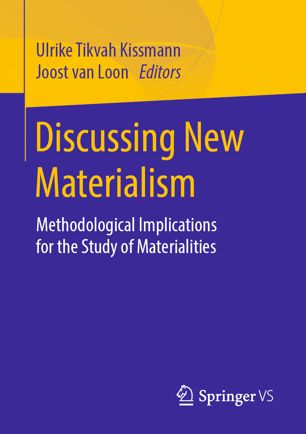

Most ebook files are in PDF format, so you can easily read them using various software such as Foxit Reader or directly on the Google Chrome browser.
Some ebook files are released by publishers in other formats such as .awz, .mobi, .epub, .fb2, etc. You may need to install specific software to read these formats on mobile/PC, such as Calibre.
Please read the tutorial at this link: https://ebookbell.com/faq
We offer FREE conversion to the popular formats you request; however, this may take some time. Therefore, right after payment, please email us, and we will try to provide the service as quickly as possible.
For some exceptional file formats or broken links (if any), please refrain from opening any disputes. Instead, email us first, and we will try to assist within a maximum of 6 hours.
EbookBell Team

0.0
0 reviewsThe essays in this volume discuss the various approaches to New Materialism in Sociology and Philosophy. They raise the questions of what New Materialism consists of and whether it in fact should be considered a radical change in Social Theory. Are the ideas of a “material turn”, as the theory is formulated and in its assumptions, foreshadowed by the classical philosophies of Spinoza and Tarde? Do these new approaches bring substantially new perspectives to Social Theory? A further goal of these essays is to formulate the methodological and methodical consequences for its empirical implementation. What conditions must an ethnography of things fulfill if it is to be sufficient? Which participant objects and bodies do the approaches of the various social theories and methodologies include or exclude?